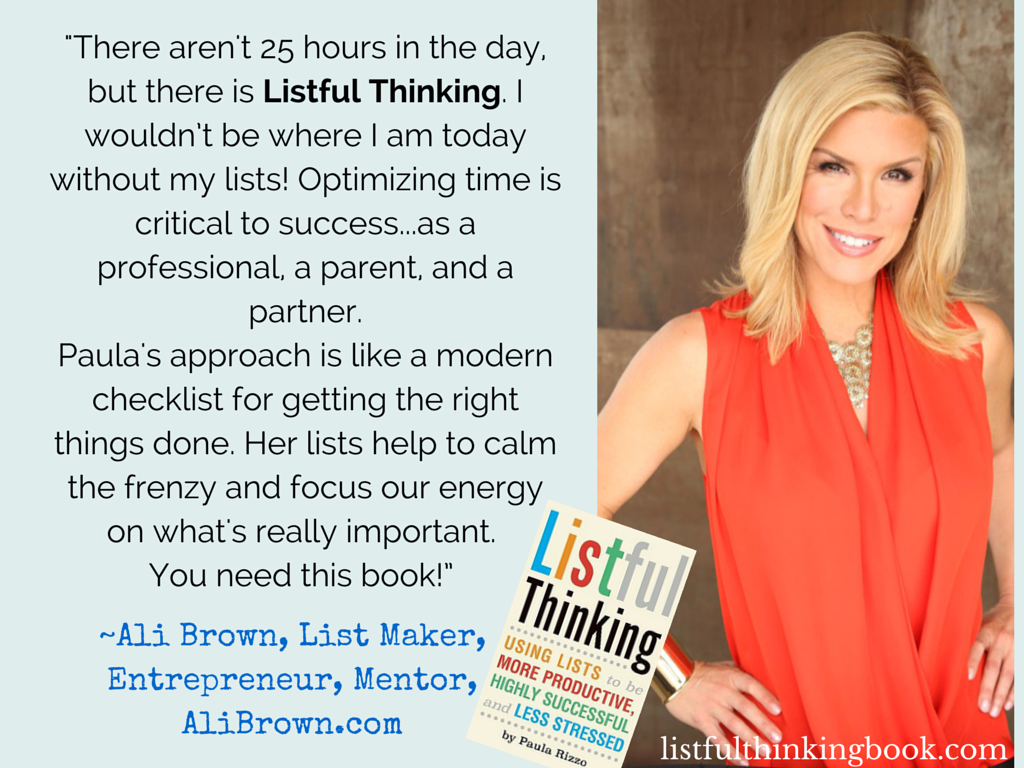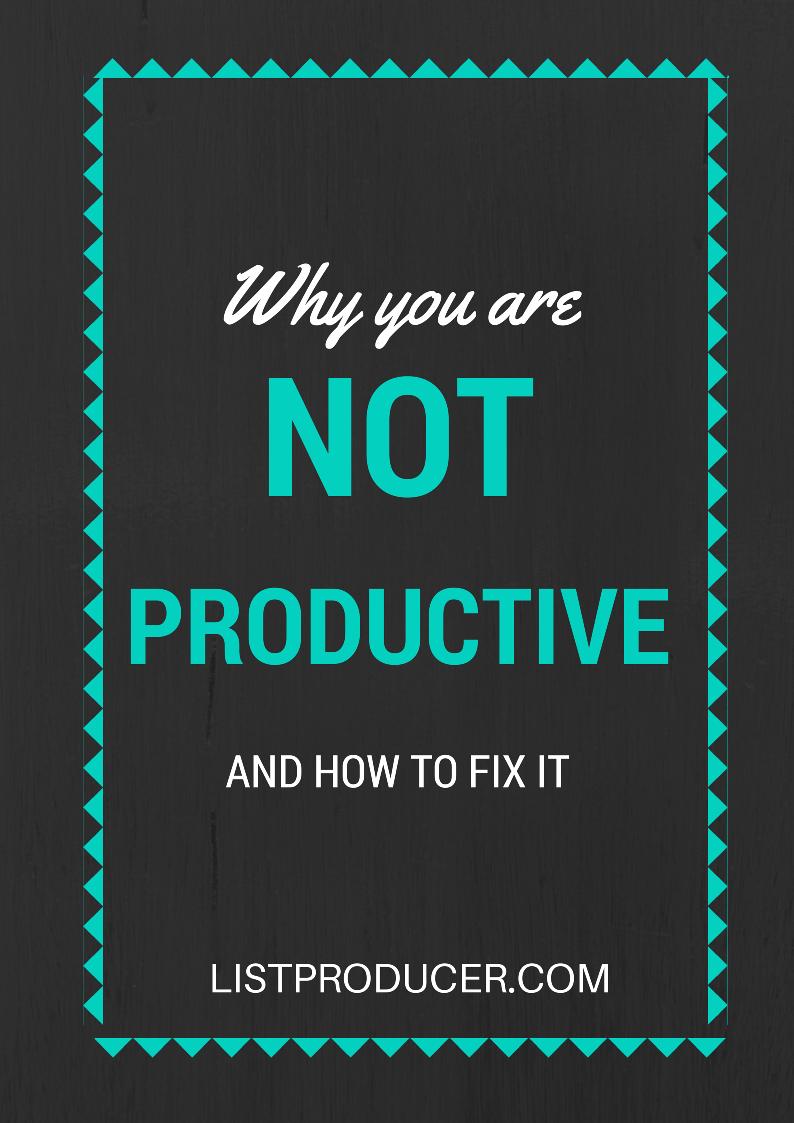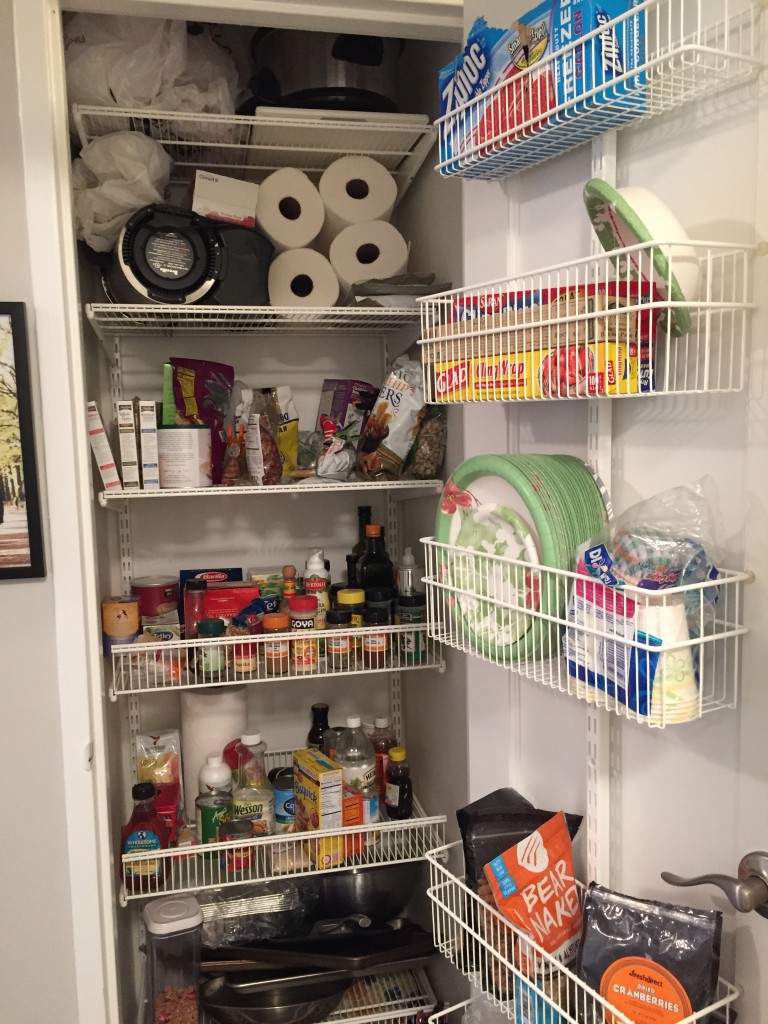 It’s pretty well known that most lessons are not taught in a classroom. I think this is especially true when it comes to productivity. No one ever teaches you how to write a list or how to plan your schedule in school. (Maybe they should!) We’re just expected to know these things.
It’s pretty well known that most lessons are not taught in a classroom. I think this is especially true when it comes to productivity. No one ever teaches you how to write a list or how to plan your schedule in school. (Maybe they should!) We’re just expected to know these things.
Most of what I learned about list making and time management I learned the hard way – through mistakes.
Here are some of the lessons I’ve learned over the years:
List Making is in My Blood
For as long as I can remember my Dad has always been making a list about something. For example, my dad’s garden is his pride and joy. Every March he makes a list of all the vegetables that he wants to have in his garden for the summer. He’s very systematic about it and even draws out a map of where each vegetable will be planted. It’s pretty cute that he’s so passionate about it.
Watching my Dad planning out his garden had a strong influence on me as a child because I love a good system.
I use them all the time in my work as a health producer. The day before a shoot, I sit at my desk and run through the entire interview I’m going to conduct in my head. I visualize exactly how it should go. For example, I’ll interview the doctor first, then get exam video of the patient and doctor, and then interview the patient. I think about the purpose of the story and then write a list of all the questions to ask the doctor and the patient. This helps me make sure I don’t leave anything out.
Some people might see it as being over prepared – but just as my Dad’s planning would pay off with a fruitful harvest every summer – all my systems have made my life much easier.
Every List Helps
My very first TV job was at WLNY-TV 55 on Long Island. (Random fact: It’s also where I met my hubby.) One night at that station will live on in infamy—all because of a stupid and avoidable mistake.
That night the main anchor was on vacation, so one of the reporters was filling in for him on the 11:00 p.m. newscast. That fateful night, the clock struck 11, and camera one’s red light went on. We were live.
The fill-in anchor read the show’s opening perfectly. She then turned to camera three, as scripted, for the next story— except that there was no script! Eeek! An anchor’s nightmare: no teleprompter.
She scrambled to make it look as though nothing were wrong. But it was obvious to her, the viewers, and everyone involved in the production that something had gone awry.
That night, during our “postmortem” meeting—in which we discussed the good, the bad, and the ugly of the show—the substitute anchor threw the camera operator right under the bus. It wasn’t pretty. Turns out, an intern (not me!) was on camera three that night and forgot to turn on the teleprompter.
Boy—that did not go over well.
The next day there was an announcement from our news director: “Everyone must fill out a checklist before operating a studio camera!” As you can imagine, this idea was met with eye rolling and groaning. But we did it. Every one of us completed this form before every single show in the two years that I worked there.
It may seem silly to make a checklist for some simple things that you do everyday, however when our brains are running on automatic we don’t always make the best decisions. That day I learned that no list too simple.
Life Is Easier With A List
I’ve written before about my recent apartment-buying drama, but lists can really come to my rescue when searching for a new home. And the move before this last one was no different. My husband and I decided we should leave our home in Forest Hills in Queens and move to Manhattan.
We checked every area we could find in Manhattan for a rental in our price range. But as soon as I got off the F train in Forest Hills and headed back to our apartment, I had already forgotten how many closets the apartment we looked at had, if it had an air conditioner, or what floor it was on!
When you’re renting, sometimes the listings aren’t complete. They don’t have pictures, and there are rarely floor plans. Normally, I’m very good at paying attention and staying focused, but for some reason, this assignment completely overwhelmed me. I was shocked, until I realized why.
I wasn’t tackling this in a way that I knew from experience would work perfectly for me—with a list!
After several disappointing and frustrating trips, I decided to make a checklist, just as I do at work. So I made a list of all the things I needed to pay attention to when I was looking at an apartment: address, floor, view, hardwood floors or carpeting, number of closets, square footage, number of bedrooms and bathrooms, dishwasher, laundry, doorman, etc.
This checklist became our rundown every time we stepped foot into an open house. Jay and I would refer to it as we walked through a space and ask questions accordingly. It allowed us to focus on exactly what we needed to pay attention to so that we could walk out with all the information we could possibly need to make a clear decision.
I think it was important for me to struggle through those first few months of apartment hunting. Since it lead me to the realization that whether it’s a work or a home, a list will make almost any process run smoother. Plus that list lead to the start of this blog!
Be Prepared
‘Be Prepared’ is the boy scout motto and for a good reason. Life has a way of surprising us at the most inconvenient times. Last year my parents called me in the middle of the day at work and told me that my mom had to be taken to the hospital. She got up in the middle of the night to go to the bathroom, blacked out and fell and hit her head badly. Eeek! I talked to her and she was fine but being admitted for all kinds of tests. So I wanted to be there with her.
I left work and went home to pack an overnight bag and froze.
I couldn’t think of anything that I needed – and I should’ve known that I needed all the essentials. You know — pajamas, an outfit for the next day, toiletries, etc.
But I couldn’t think of anything. When something like this happens your mind is thinking a hundred different things. It catches you off guard and your not able to think as rationally.
I think it’s a lifesaver to have a short list of items to pack in case of emergency. These types of small lists can save you time down the line.
These are just a few of the stories that I touch on and more in my book Listful Thinking: Using Lists to be More Productive, Highly Successful and Less Stressed. If you want to hear more of my misadventures with lists — please check it out. And if you already have — I’d love it if you could leave a review on Amazon or Barnes & Noble.
What productivity tips have you learned from the school of life?
 Some people think you have to give up your hobbies to be productive – but that’s not the case. In fact, hobbies can help become even more productive, as I’ve written about before.
Some people think you have to give up your hobbies to be productive – but that’s not the case. In fact, hobbies can help become even more productive, as I’ve written about before.


 I’ve
I’ve 
